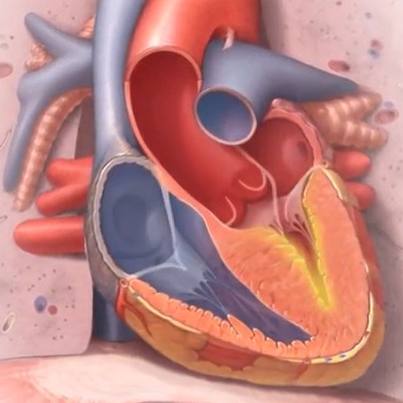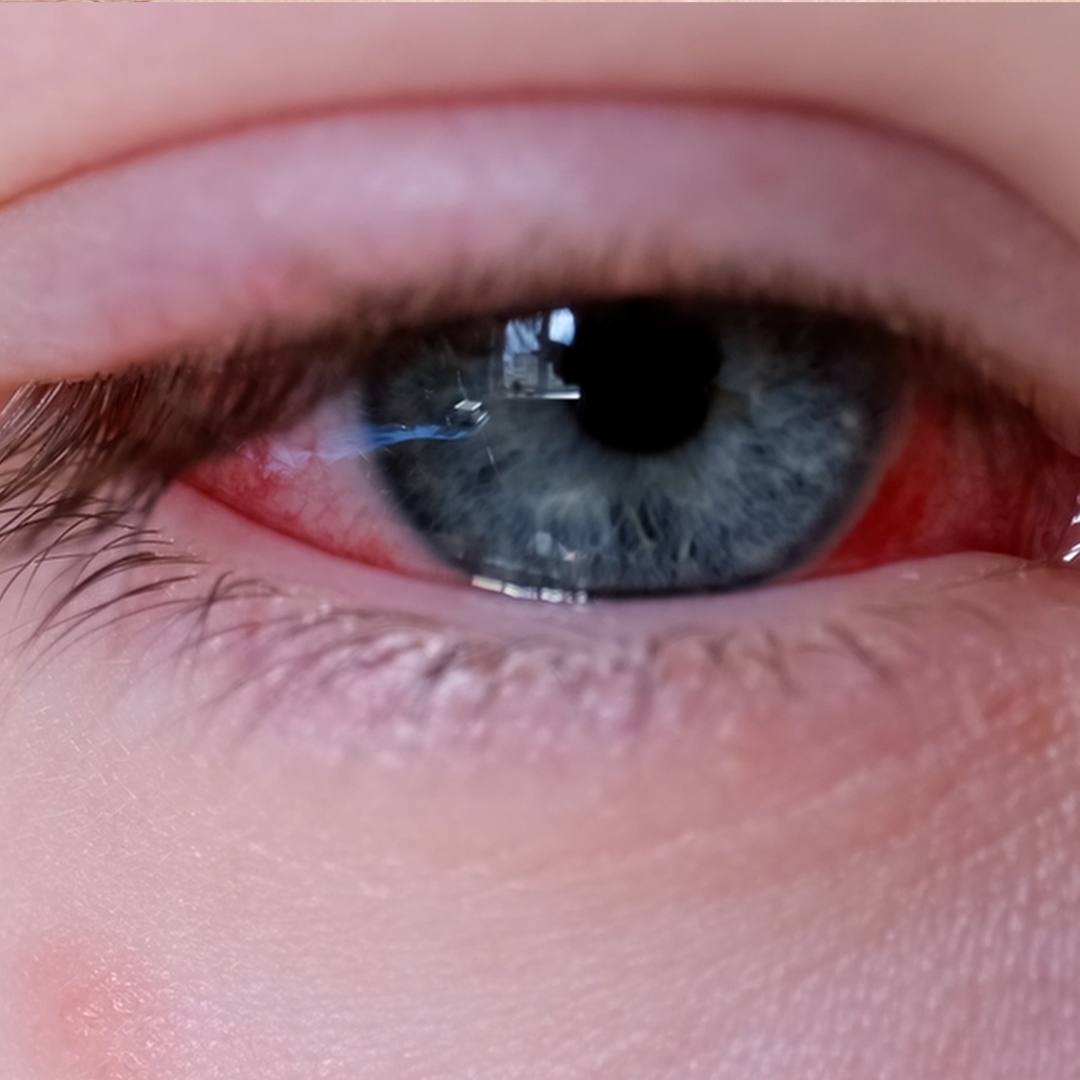-
Featured News
Consumer Health: What is swimmer’s itch?

It's summertime, and for many people that means spending time with family and friends at the lake or river. For some, it also means an unpleasant skin irritation: swimmer's itch.
Swimmer's itch, also called cercarial dermatitis, is a rash that can occur after you go swimming or wading outdoors. It's most common after being in freshwater lakes and ponds, but you can get it in saltwater too.
There is no risk of contracting swimmer's itch from a well maintained and chlorinated swimming pool, according to the Centers for Disease Control and Prevention.
Swimmer's itch usually is caused by a reaction to tiny parasites in the water that burrow into your skin while you're swimming or wading in warm, calm water. Swimmer's itch is not contagious from person to person. The parasites can't survive in people, so they soon die.
Symptoms
Swimmer's itch symptoms include an itchy rash that looks like pimples or blisters. Symptoms may begin within minutes or as long as two days after swimming or wading in contaminated water.
Usually, the rash affects skin that's not covered by swimsuits, wetsuits or waders. Your sensitivity to swimmer's itch can increase each time you're exposed to the parasites that cause it.
The condition can look like poison ivy rash and other skin conditions. Your healthcare professional likely will diagnose swimmer's itch by looking at your skin and talking with you about your activities and symptoms. There are no specific tests to diagnose swimmer's itch.
Prevention
Follow these tips to avoid swimmer's itch:
- Choose swimming spots carefully.
Avoid being in water near the shore where swimmer's itch is a known problem or where signs have been posted warning of the risk. Also avoid being in marshy areas where snails often are found. - Rinse after swimming.
Rinse exposed skin with clean water right after leaving the water. Then dry the skin with a towel. - Skip the breadcrumbs.
Don't feed birds on piers or near swimming areas.
Treatment
Typically, no treatment is required, and the condition clears up on its own within a week.
These tips might help reduce the itch:
- Apply a corticosteroid cream or an anti-itch lotion, such as those that contain calamine.
- Take an oral nonprescription antihistamine (Benadryl) or one with loratadine (Alavert, Claritin, others). The latter type causes less sleepiness than Benadryl.
- Avoiding scratching the rash.
- Cover affected areas with a clean, damp washcloth.
- Soak in a bath sprinkled with Epsom salts, baking soda or an oatmeal-based bath product (Aveeno, others).
- Apply a paste of baking soda and water to the affected skin.
If the itching is severe, your healthcare professional may recommend prescription-strength lotions or creams.
Connect with others talking about skin issues in the Skin Health Support Group on Mayo Clinic Connect, an online patient community moderated by Mayo Clinic.







